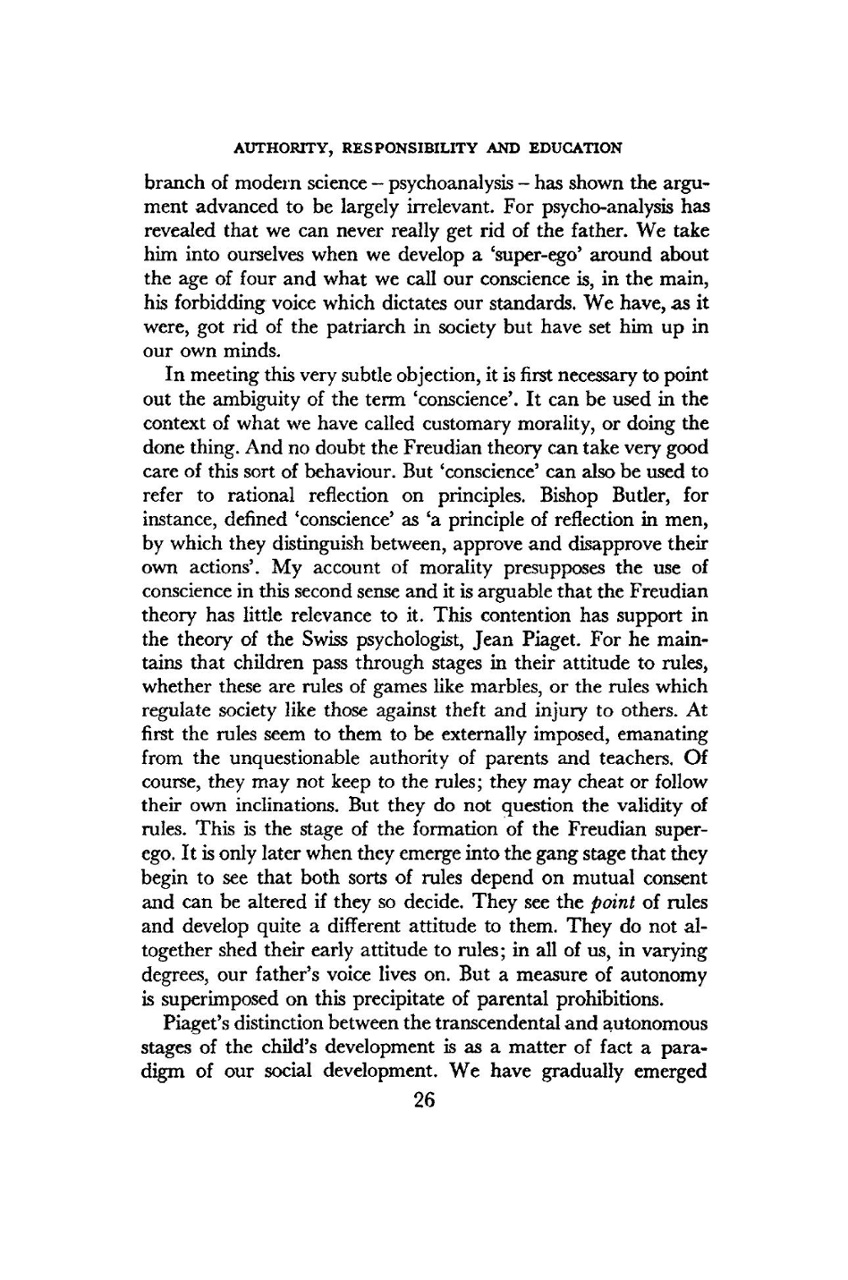Peter Turchin End Times Unraveling the Cycles of Civilizations Through the Lens of Dr. Peter Turchin
In the quest to understand the trajectory of human civilization, Dr. Peter Turchin's work offers a compelling narrative that bridges the gap between histori……
In the quest to understand the trajectory of human civilization, Dr. Peter Turchin's work offers a compelling narrative that bridges the gap between historical analysis and predictive science. His research, deeply rooted in mathematical modeling and historical sociology, sheds light on the cyclical patterns that have defined the rise and fall of civilizations throughout history. This exploration delves into the intricacies of Turchin's theories, their implications for the future, and how they align with the concept of the "end times."
Turchin's seminal work, "Quantitative Sociology," presents a framework that allows for the systematic analysis of societal structures and their dynamics. By employing mathematical models, Turchin seeks to uncover the underlying mechanisms that drive the evolution of civilizations. His theories are particularly illuminating when applied to understanding the cyclical nature of civilizational decline and resurgence.

One of Turchin's key contributions is the concept of "catastrophic shifts," which he posits as pivotal moments in the lifecycle of civilizations. These shifts are characterized by significant disruptions to the socio-economic fabric of a society, often precipitated by environmental changes, political upheavals, or technological advancements. Turchin argues that such shifts are not random occurrences but are instead part of a broader pattern that can be predicted and understood through the application of mathematical and historical analysis.
The implications of Turchin's work extend far beyond academic circles. They offer valuable insights into the potential trajectories of contemporary civilizations, providing a lens through which we can view our own time in historical context. By understanding the cyclical patterns that have defined past civilizations, we gain a sense of perspective and can better prepare for the challenges that lie ahead.

Turchin's theories also touch upon the concept of the "end times," a term often associated with apocalyptic scenarios. While Turchin himself may not subscribe to these eschatological beliefs, his work does highlight the potential for significant societal upheavals. By understanding the mechanisms that drive civilizational decline and resurgence, we can better appreciate the fragility and resilience of human societies. This understanding is crucial in navigating the complexities of our modern world, where rapid technological advancements, environmental challenges, and geopolitical tensions converge to shape the future of humanity.
As we contemplate the future, Turchin's work serves as a reminder that while we may strive for progress and stability, the path forward is fraught with uncertainty. By embracing a multidisciplinary approach that integrates mathematical modeling, historical analysis, and sociological insights, we can better comprehend the forces that shape our world. In doing so, we gain a foundation upon which to build a more informed and resilient future.

In conclusion, Dr. Peter Turchin's work offers a profound contribution to our understanding of civilizational dynamics. Through his mathematical models and historical sociology, Turchin has shed light on the cyclical patterns that have defined the rise and fall of civilizations throughout history. His theories not only enrich our academic understanding but also offer valuable insights into the potential trajectories of contemporary civilizations. By embracing Turchin's work, we gain a deeper appreciation for the complexities of our world and a sense of perspective that is essential in navigating the challenges of the future. As we look towards the horizon, Turchin's insights serve as a reminder that while we may strive for progress and stability, the path forward is one of constant evolution and adaptation.